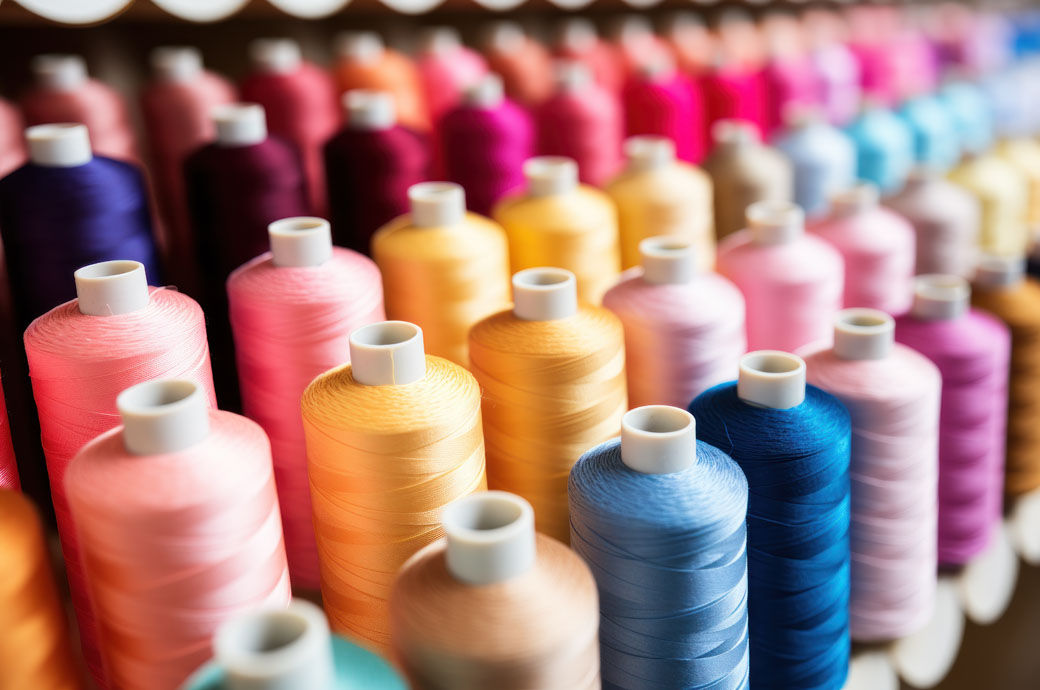
The entities added include cotton traders and warehouse facilities within China, most of which operate outside of the Xinjiang Uygur Autonomous Region (XUAR). Before these new additions, the entity list included 10 textile companies.
The Forced Labour Enforcement Task Force (FLETF), chaired by DHS, took the step as part of the United States’ commitment to eliminating the use of forced labour in the US supply chain and promoting accountability for the ‘ongoing genocide and crimes against humanity against Uyghurs and other religious and ethnic minority groups in the XUAR’, the DHS said in a release.
The FLETF determined that 21 of these entities source and sell cotton from the XUAR on the wholesale market, while five additional entities also source cotton from the XUAR.
“The Department of Homeland Security will not tolerate forced labor in our nation’s supply chains,” said Secretary of Homeland Security Alejandro N. Mayorkas.
Since the UFLPA was signed into law in December 2021, the FLETF has added 65 entities covering apparel, agriculture, polysilicon, plastics, chemicals, batteries and other sectors to the entity list.
The decision also advances DHS' Textile Enforcement Plan, which prioritises examination and review of entities in the textile sector for possible inclusion on the UFLPA entity list.
Since January 2021, prior to the implementation of the UFLPA, cotton from the XUAR was subject to a Customs and Border Protection Withhold Release Order (WRO). In addition, cotton and cotton products were also designated as a high priority sector under the Strategy to Prevent Importation of Goods Mined, Produced or Manufactured with Forced Labour in the People’s Republic of China, issued in June 2022.
"While the expanded Entity List is a positive step to increasing enforcement of goods made with forced labour, the list should include more companies outside of China that may be trading in goods and inputs made with forced labour," National Council of Textile Organizations (NCTO) president and chief executive officer Kim Glas said in a statement.
“Some 76 per cent of all Chinese cotton products contain Xinjiang cotton, which leads to textiles and apparel made with forced labour bleeding into global supply chains, most notably in Asia but also in our free trade agreement regions. The scourge of slave labour in Xinjiang involves not only cotton, but extends to man-made fibre products as well,” she said.
“As a result, American textile plants have been forced to close and lay off workers. We have lost 17 textile plants in the past several months due in part to these illegal trade practices that are undermining the industry’s competitiveness,” she added.
Fibre2Fashion News Desk (DS)